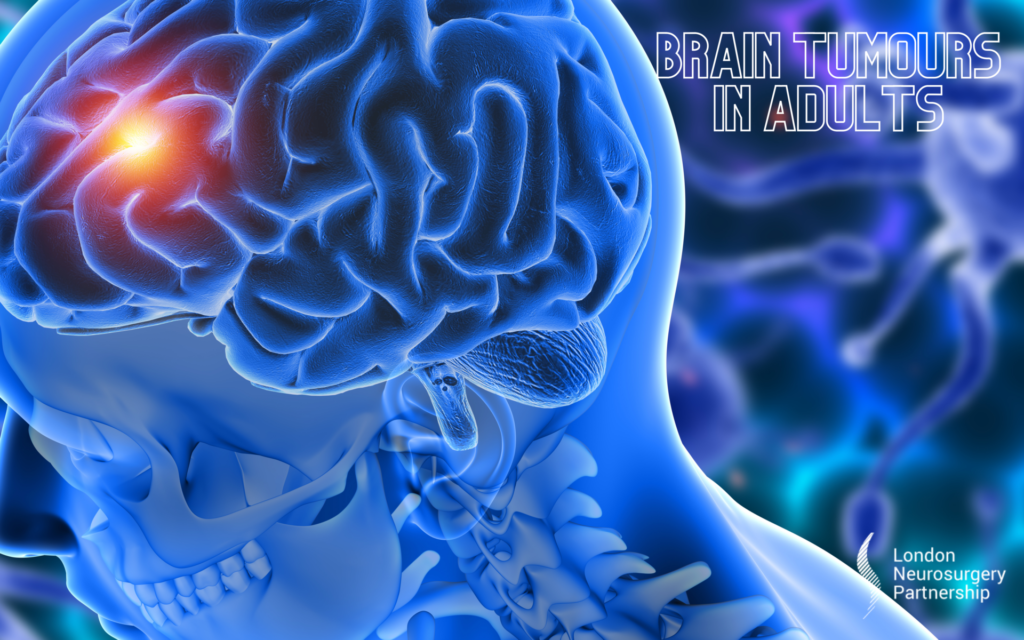
Every year around 11,000 people are diagnosed with a primary brain tumour. A brain tumour is the growth of abnormal and sometimes cancerous cells that multiply in the brain. Brain tumours are graded from 1, 2, 3 and 4. One and two being low-grade tumours and three and four being high-grade tumours.
Some brain tumours can be non-cancerous, they are called benign. A benign tumour is often graded between 1 and 2. A cancerous tumour is more likely to spread to other parts of the body and grow back after treatment.
The World Health Organisation tells us that there are over 130 types of brain tumours and they can all differ from how fast they grow, wherein the brain they are located and how quickly they can spread.
Some of the most common brain tumours are:
- Acoustic neuroma – Also known as a vestibular schwannoma, a benign tumour affecting balance and hearing.
- Astrocytoma – A slow-growing type of cancer that begins in the astrocyte cells that support the nerve cells. This cancer occurs in the brain or spinal cord
- Brain metastases – This is a type of secondary brain cancer where the cancer cells can spread from their original site in the brain. Often, they will spread to the lung, breast, colon or kidneys.
- Glioblastoma – Aggressive cancer that begins in the astrocytes and can form in the brain or spinal cord.
- Glioma A glioma is the most common type primary of brain tumour.
- Meningioma – Meningioma is a brain tumour that develops within the meninges of the brain.
- Pituitary tumours – Pituitary tumours are abnormal growths that develop in your pituitary gland.
- Haemangoblastoma – A benign tumour that develops in the lining of the blood vessel and grows towards the lower part of the brain like the retina or spinal cord.
- CNS lymphoma – A cancerous tumour that develops in the lymph tissue of the brain or spinal cord.
Signs and symptoms
Signs and symptoms of brain tumours vary greatly and will depend of the type of tumour, grade and location. Some of the more common symptoms are:
- Headaches
- Persistent nausea or vomiting
- Mental or behavioural changes such as memory loss and confusion
- Vision or speech difficulty
- Progressive weakness and numbness in parts or one side of the body
- Seizures
Treatment options
Treating brain tumours will depend on a number of things such as where the tumour is located, the type of tumour and how big it is and how far it has spread. Also, your overall health and age will also be taken into consideration.
Once you have been diagnosed, your consultant will gather with a team of medical experts called an MDT (multi-disciplinary meeting) where they will talk about your diagnosis and created a structured treatment plan with the best possible outcome for your condition. Your consultant will then talk you through all the treatment options and this will be your opportunity to ask as many questions as possible so your able to completely understand your condition and what the next steps will be.
Treatment options may include:
- Medication to help with symptoms
- Steroids
- Surgery such as minimally invasive and awake brain surgery
- Radiosurgery
- Gamma Knife
- Chemotherapy
Rehabilitation after treatment may be necessary to help regain lost motor skills and muscle strength as well as speech therapy and occupational therapy. Depending on the type of tumour and the outcome of surgery, regular scanning and follow-ups will take place to check whether the brain tumour is growing back.
If you have the above symptoms or have been diagnosed with a brain tumour and would like to speak to one of our neurosurgeons, please do not hesitate to contact us. We offer same-day physical and telephone appointments.
This article is intended to inform and give insight but not treat, diagnose or replace the advice of a doctor. Always seek medical advice with any questions regarding a medical condition.


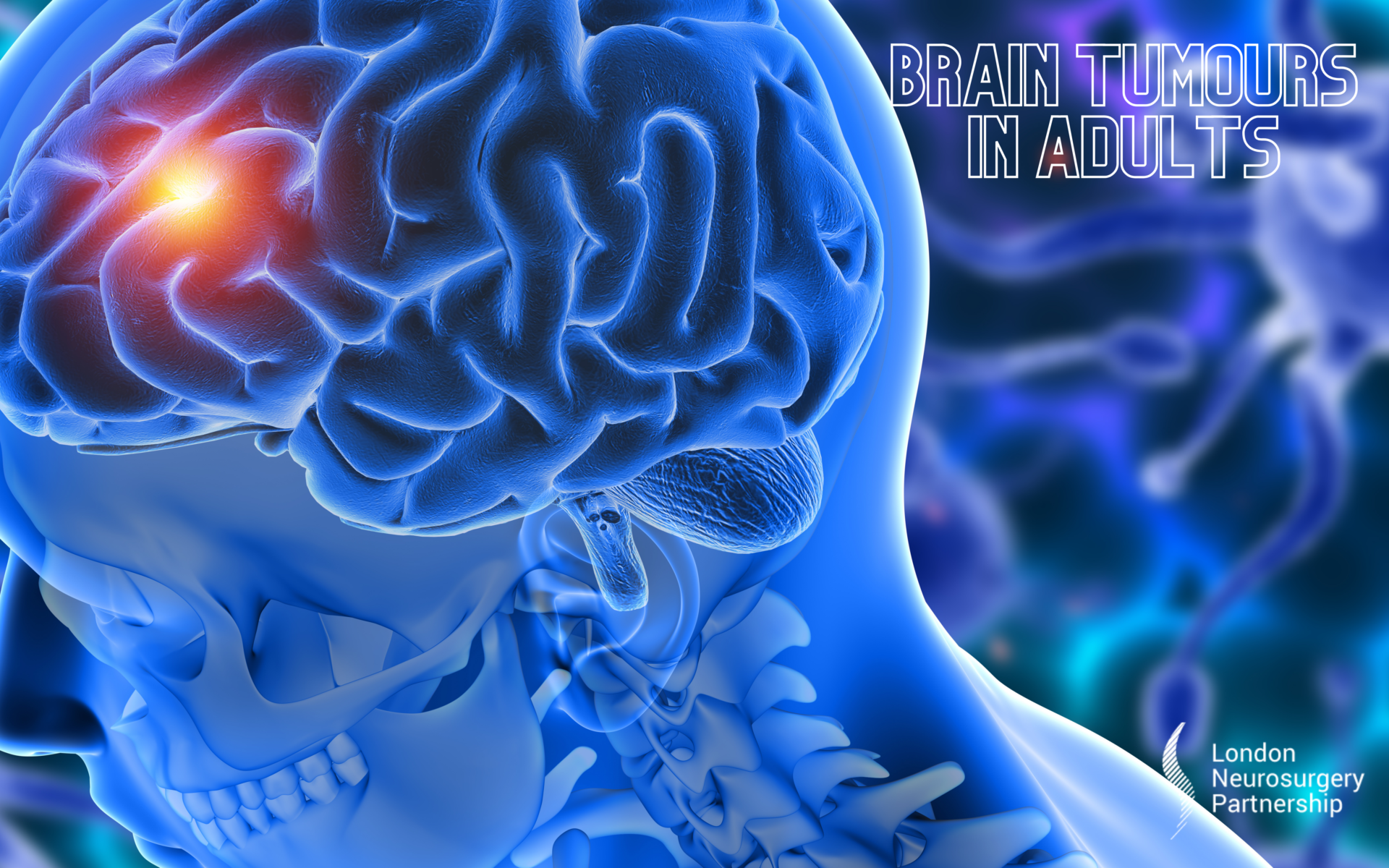
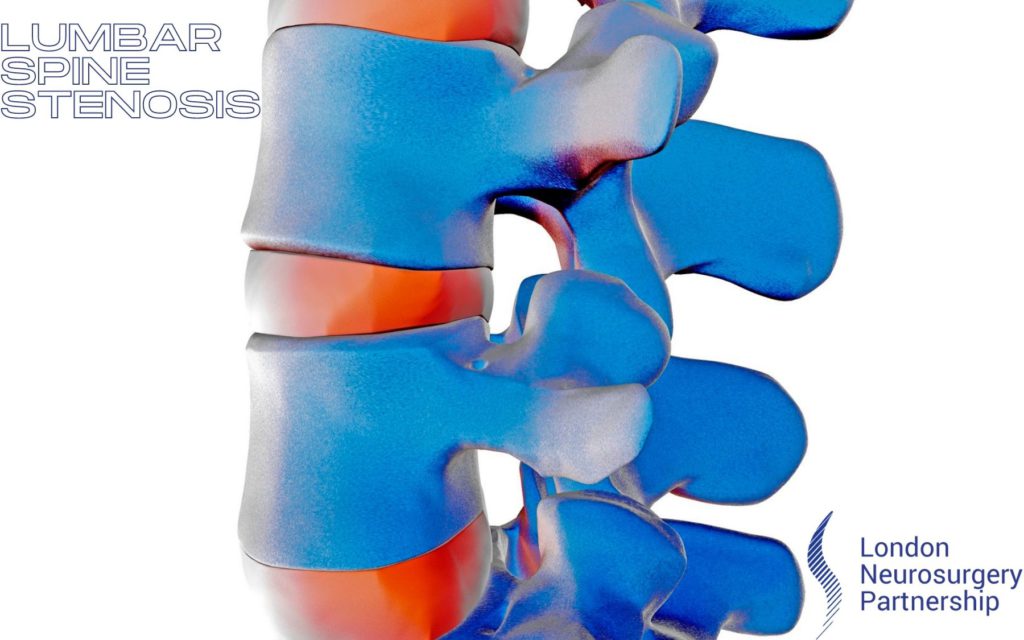
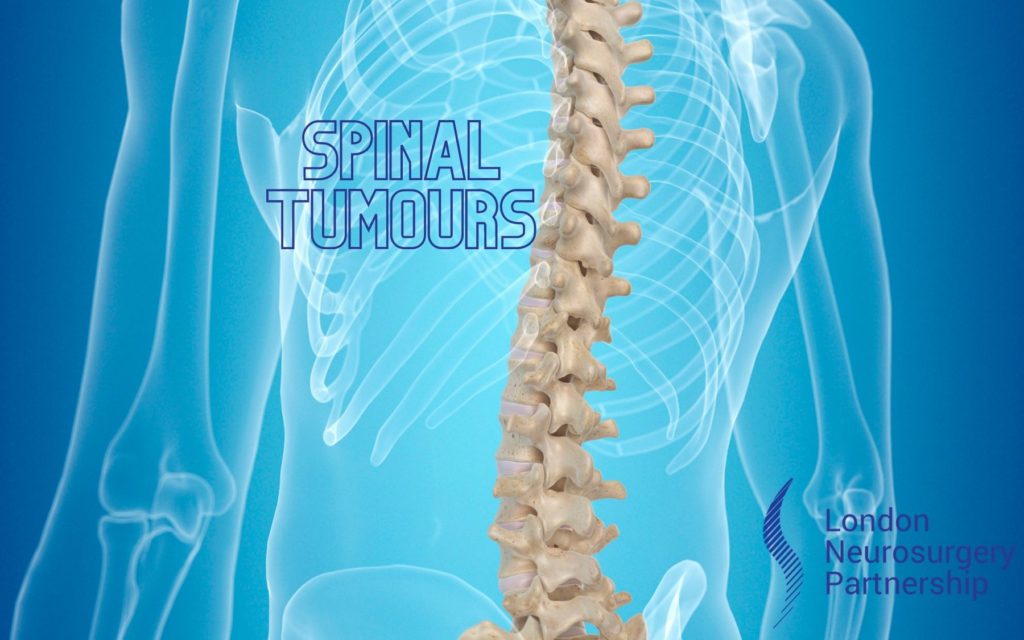
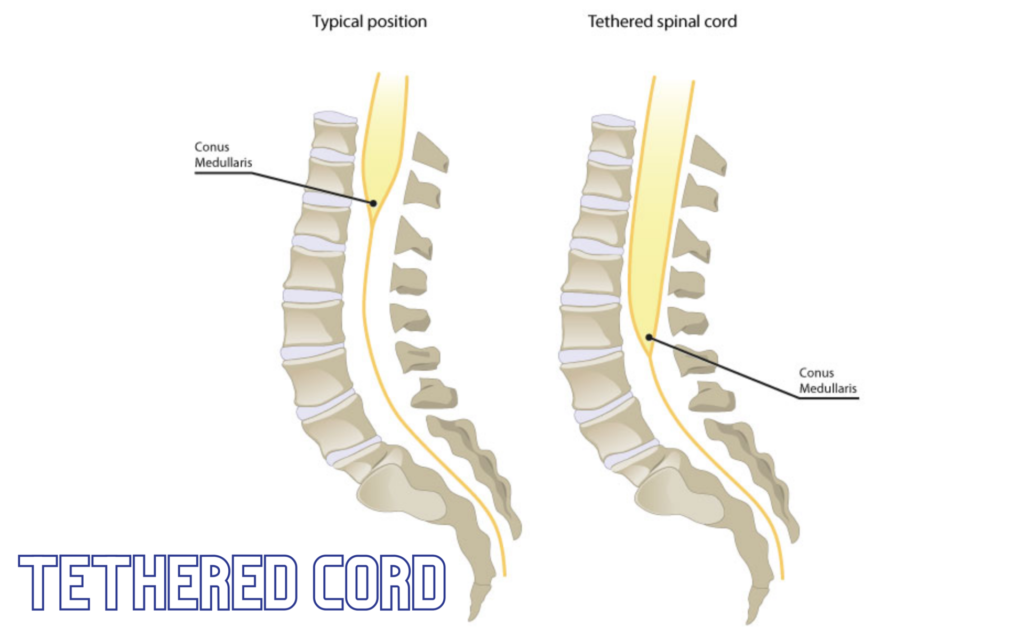
2 Comments
Julie Pritchard
Hi, Im asking for advice if you can. I have been having frontal headaches and pressure for months. I had 2 mri's and they found a cyst. First they said it is a Colloid and now a Choroidal fissure cyst and discharged me.Im still having headaches, dizziness, strange tremors in my arms and legs. Should I seek a second opinion?
London Neurosurgery partnership
Good afternoon
Thank you for your enquiry.
We would be happy to provide a second opinion for you. Please contact our secretaries on 0207 034 8709 to book a consultation.
Kind regards
London Neurosurgery Partnership